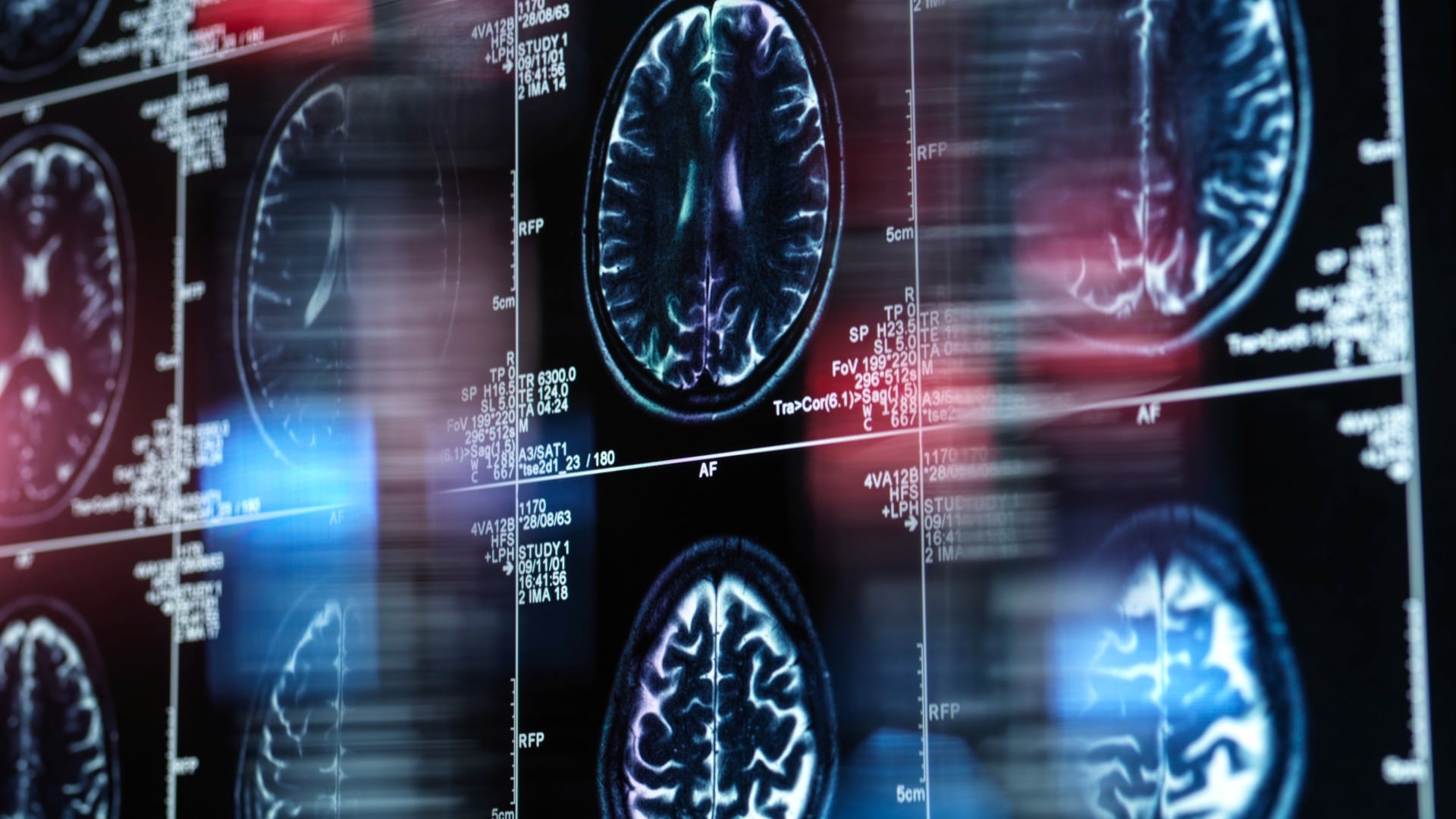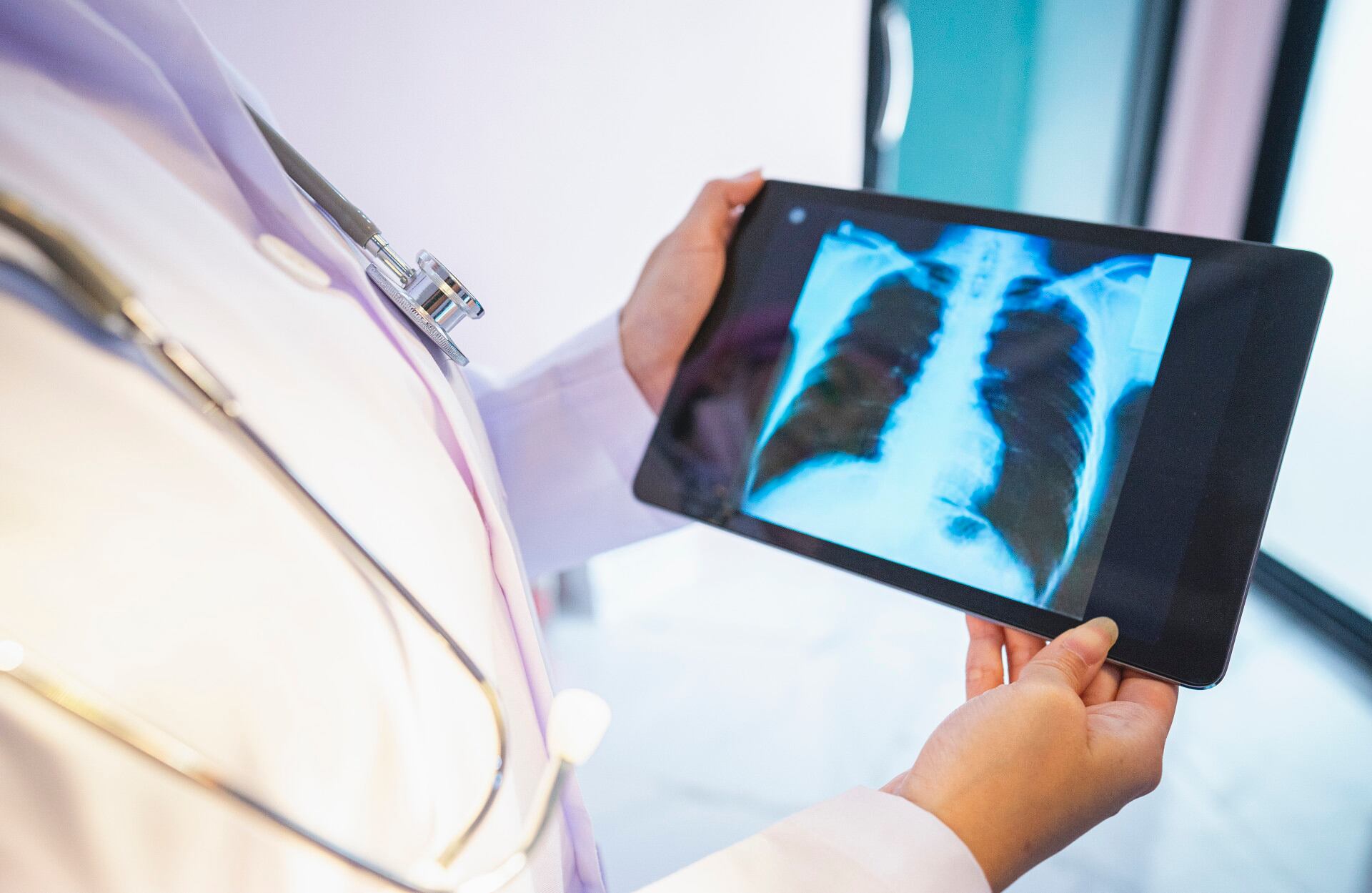Dina Fine Maron, health & science editor at Scientific American, discusses the breakthrough that could help doctors diagnose mental illnesses. Stem cells have enabled researchers to see how lithium affects the brain.
Researchers are converting patients skin cells into brain cells through genetic instruction. This allows them to look at the brain cells of a person with bipolar disorder and better understand how to treat it.
Maron explains this breakthrough will allow doctors to customize a patient's treatment plan, instead of giving them the same treatment given to everyone. Maron says the hope is one day researchers will be able to expose a patient's cells to a particular drug and see how they react before prescribing the drug to an actual patient.
Walmart is expanding its HIV treatments, planning to add over 80 specialty facilities across nearly a dozen states by the end of the year.
A Food and Drug Administration advisory panel met to discuss regulatory approval for the Alzheimer's drug, Leqembi.
Air quality on the East Coast has improved to at least a moderate level and will continue getting better by the weekend.
A new study from Columbia University has found that taurina, a type of amino acid known mostly as an ingredient in energy drinks, extended the life of worms, mice and monkeys.
Artechouse, a digital art studio in New York City, has a new exhibition that lets visitors experience never-before-seen images that the James Webb space telescope captured. Cheddar News takes a peek inside the newest immersive experience.
A report said that cancer centers are dealing with shortages of carboplatin and cisplatin, drugs that are used to treat cancers.
On air quality maps, purple signifies the worst of it. In reality, it's a thick, hazardous haze that’s disrupting daily life for millions of people across the U.S. and Canada, blotting out skylines and turning skies orange.
With large swaths of the East Coast blanketed with smog, many are worried about their health. Mangala Narasimhan, director of critical care services at Northwell Health, offers some peace of mind with a handful of expert tips for coping with poor air quality.
Kilauea, one of the most active volcanoes in the world, began erupting on Wednesday after a three-month pause, displaying spectacular fountains of mesmerizing, glowing lava that's a safe distance from people and structures in a national park on the Big Island.
Smoke from the Canadian wildfires has reached New York and New Jersey which prompted officials to declare the area as currently having some of the worst air quality in the world.










